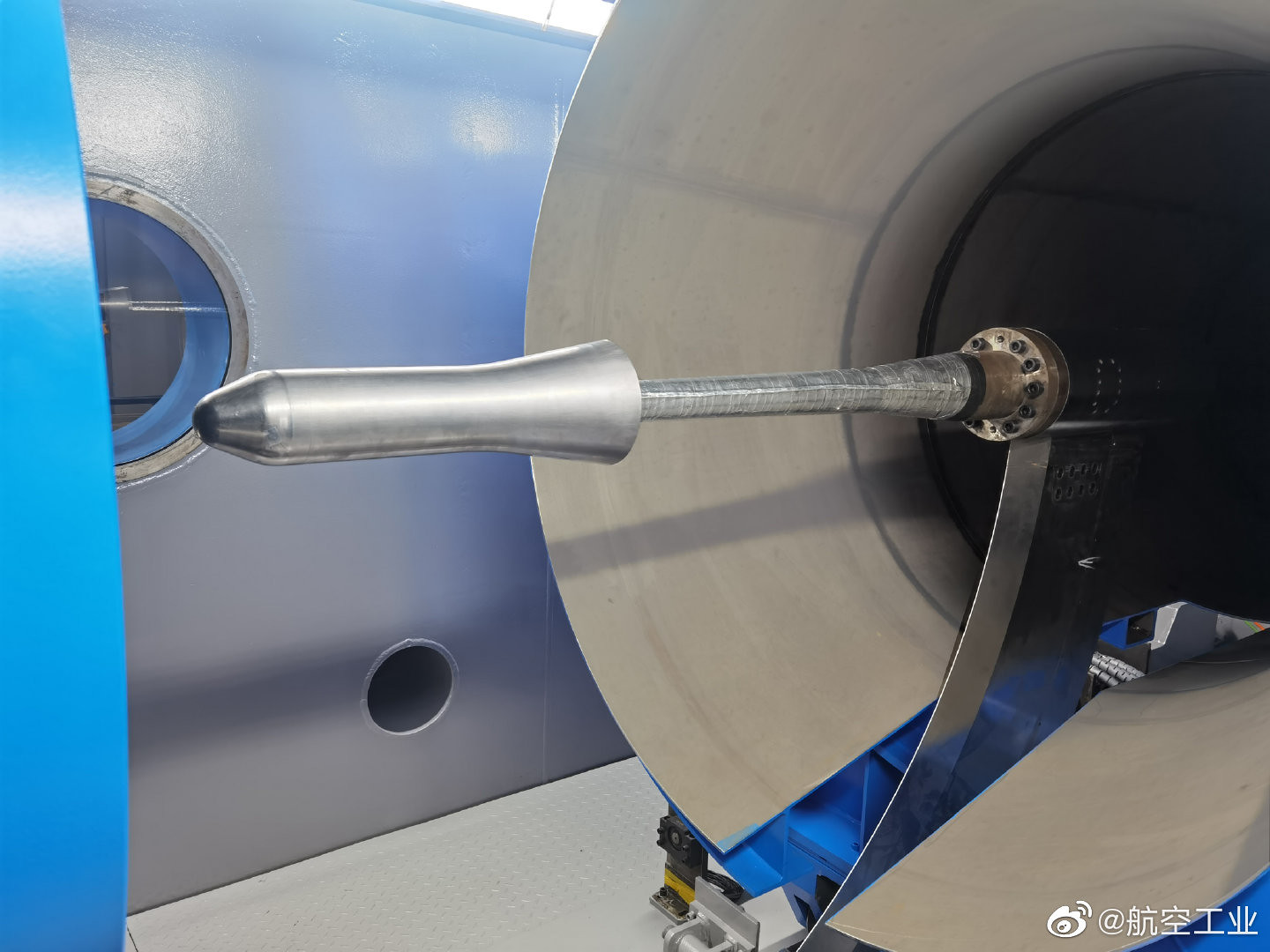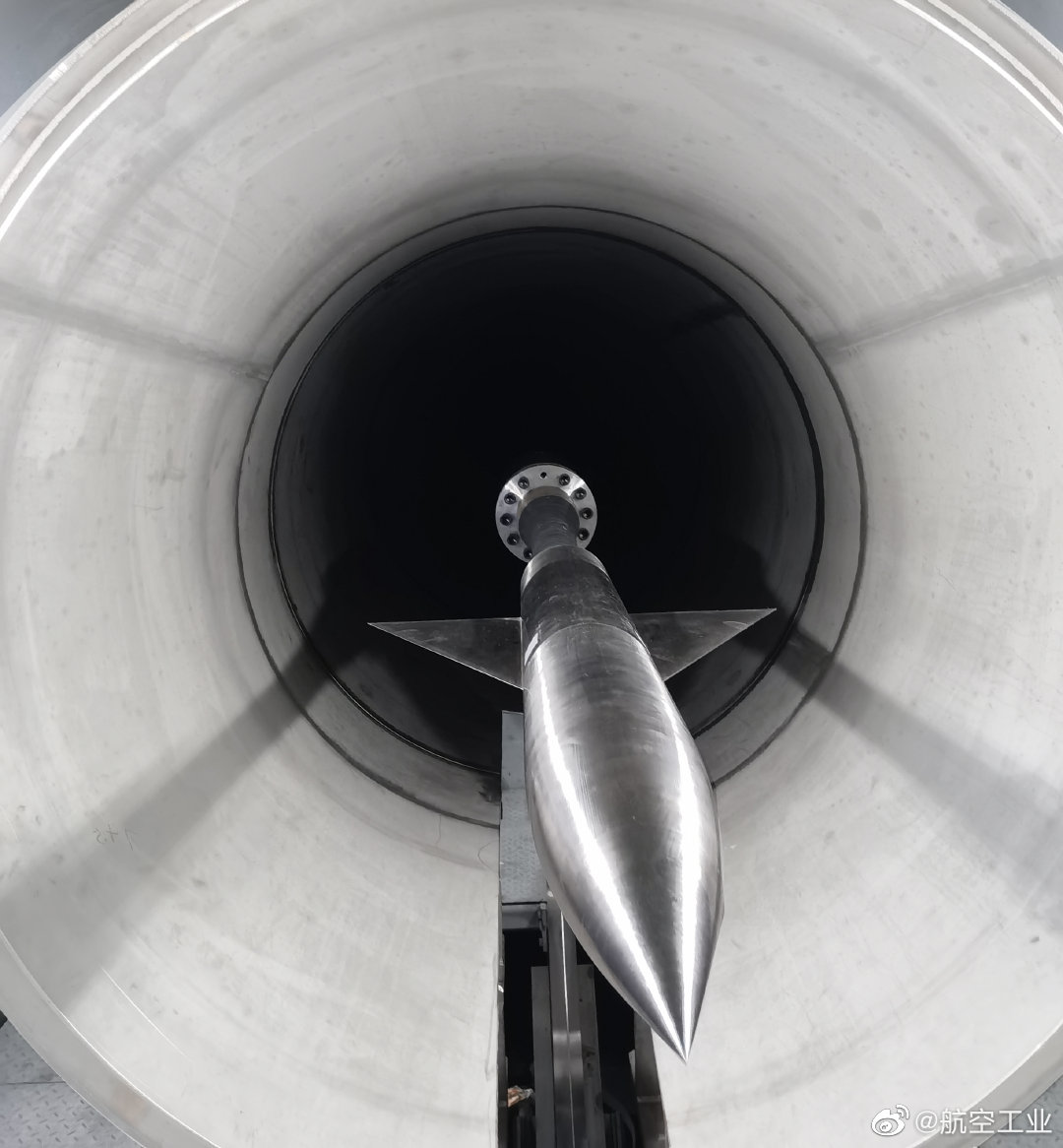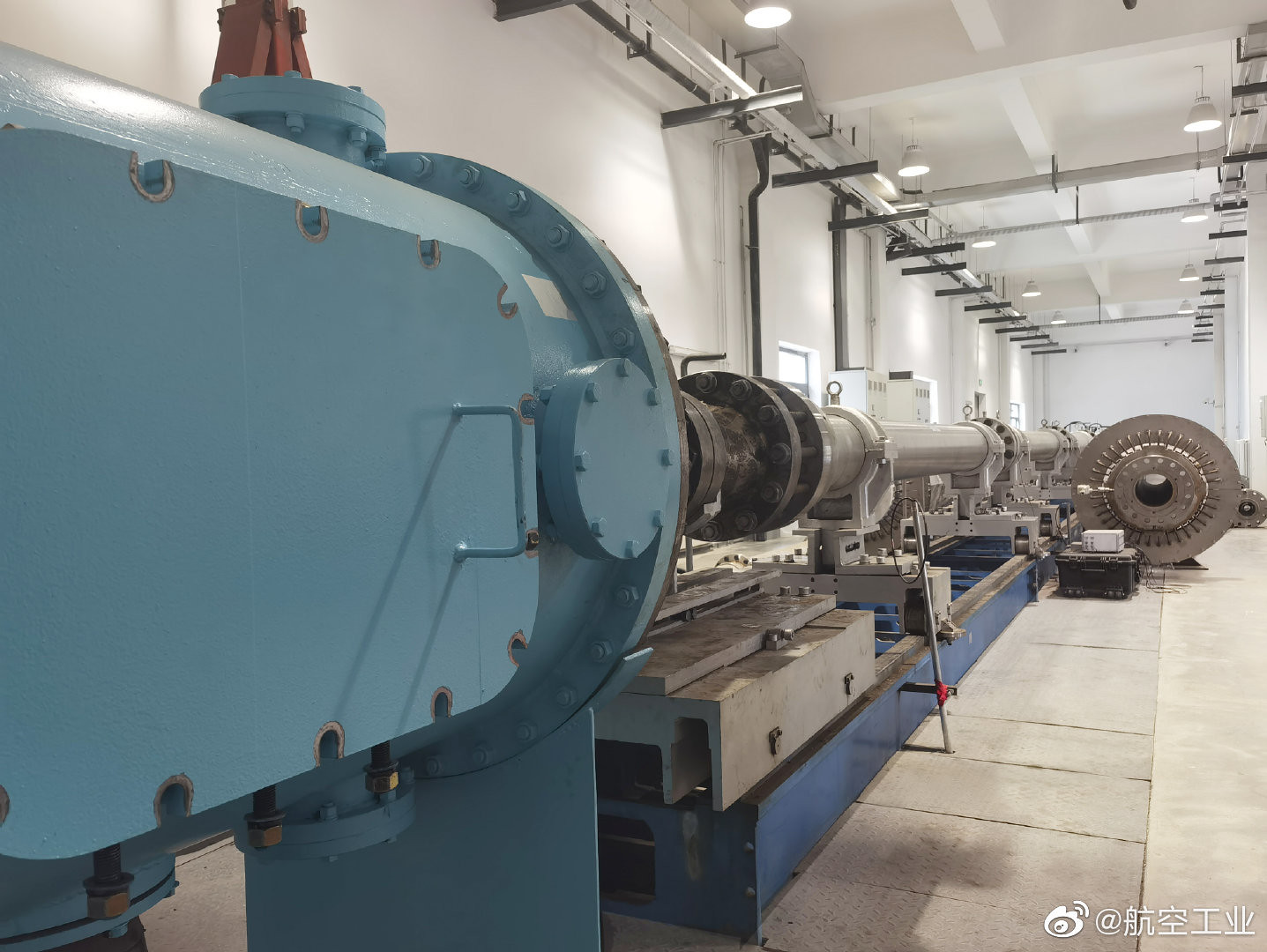Very good points. Yes, China can build its own spares for most systems, but the initial shock of any USA aerospace embargo would be dramatic and messy. Still, in an extreme situation, it could happen. And - advanced apology for getting political - the Sino-USA relationship is far from warm, and isn't likely to improve anytime soon. Decoupling is real - jobs or no.I think the problem with your argument is the basis in which you’ve portrayed COMAC’s “reliance”. The basis of “reliance” here is not technological. COMAC went with a foreign supplier strategy for two reasons. The first was to try to pick up any production efficiencies foreign firms might have that domestic firms have yet to learn without having to go through their own growing pains. The second was to try to find ways to expedite regulatory approval in western countries. Cutting off COMAC from foreign suppliers today (which actually doesn’t make much sense in practical terms because all the foreign suppliers are producing those parts domestically, which means if there was a ban the factories would keep running even if the foreign entities couldn’t formally “supply” COMAC) won’t stop COMAC from being able to make planes. Engines excepted, all it might do is make their production potentially less efficient, and their regulatory approval in the US and EU potentially trickier. Neither of these things are good for COMAC but they don’t stop COMAC from making planes either. Even with the engines being able to find non western substitute at this point is only a matter of time.
This btw also extends to the idea that you could erase Chinese commercial aerospace overnight with a western embargo and a support ban for western bought commercial airplanes. If you forced Airbus and Boeing to pull support today what would happen very quickly is Chinese airliners would switch to domestic parts providers who could reproduce all the components that need maintenance. Remember, there are Chinese firms who are also Airbus and Boeing suppliers. The components that Chinese firms don’t currently supply to Boeing or Airbus they could reproduced domestically. Most of the parts that require maintenance are run of the mill parts that don’t require secret sauce to make functional alternatives for, or involve technical capabilities that China has but haven’t successfully commercialized. These substitute components may not be as reliable and doing things this way would probably be less efficient, but it wouldn’t be crippling the way you’ve made it out to be either. A really great example of what this looks like in practice is to observe how long Iran has maintained their fleet of American fighters without American support, and China is both far more industrially capable and richer than Iran.
All this discussion of total commercial aerospace embargo is political fantasy talk though. Such an embargo would be an own goal that could cost billions of dollars and countless high paying jobs for the US and EU aerospace sectors, some of their most productive high value industries, and even if we assumed that would be a worthwhile cost for a punitive action on Taiwan, China could retaliate by simply stopping shipment of exports to the US and EU (which of course would also cost China billions upon billions and countless jobs). These kinds of dramatic political sideswipes don’t make sense for either side.
The FAA and CAAC had a huge falling out over American certification for the ARJ21. Comac thus leaned toward EASA for certification of the C919 despite all the aircraft's American content, but frankly I've not heard much about this for some time.
Can China replace all the foreign content on C919 with indigenous kit? Certainly. Even the CJ-1000A could one day power this aircraft. Getting all this to the dispatch reliability airlines need is doubtful. Yet, to your point, it will fly. It will look nice in airline livery, and patriots will celebrate.
A US analyst once quipped that it's easier to put a man on the moon than to build an airliner that airliners actually want to buy.





